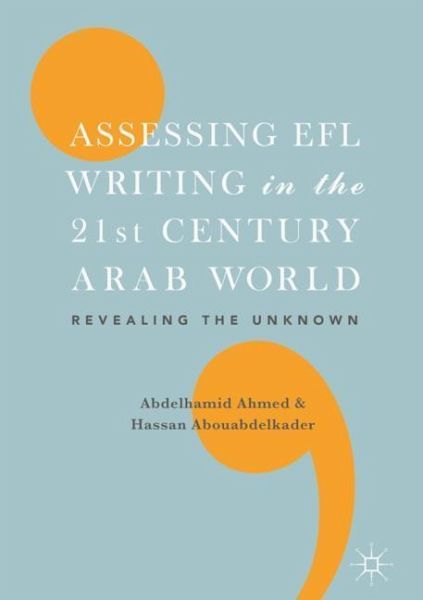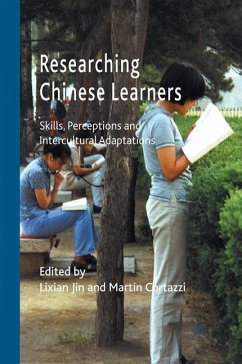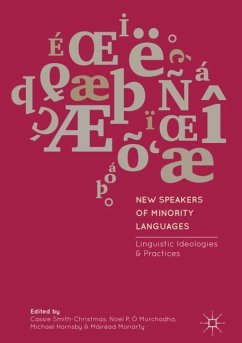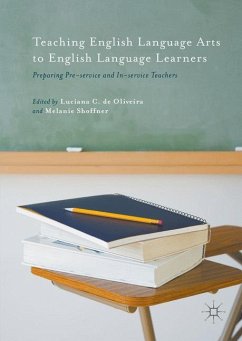
Assessing EFL Writing in the 21st Century Arab World
Revealing the Unknown
Herausgegeben: Ahmed, Abdelhamid; Abouabdelkader, Hassan

PAYBACK Punkte
22 °P sammeln!
This book empirically explores assessment of EFL (English as a Foreign Language) writing in different Arab world contexts at the university level, which often presents a challenge for teachers and students alike. Analysing a number of different practices throughout the chapters including peer assessment, self-assessment, e-rubrics and writing coherence, the authors highlight different issues and challenges that affect the assessment of EFL writing in the Arab world, and provide valuable insights into how it can be improved. This book is sure to become an important practical resource for practi...
This book empirically explores assessment of EFL (English as a Foreign Language) writing in different Arab world contexts at the university level, which often presents a challenge for teachers and students alike. Analysing a number of different practices throughout the chapters including peer assessment, self-assessment, e-rubrics and writing coherence, the authors highlight different issues and challenges that affect the assessment of EFL writing in the Arab world, and provide valuable insights into how it can be improved. This book is sure to become an important practical resource for practitioners, researchers, professors and graduate students working on EFL writing in this region.














